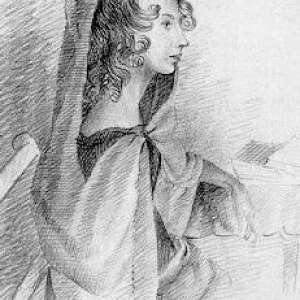
This paper describes a study of children’s developing understanding of story characters’ intentions and the resulting lesson that one can take away from Aesop’s well-known fables. The first study examines how fables understanding changes across grades from Junior Kindergarten (4 year-olds) to Grade 6 (12 year-olds), and the second study examines how “theory of mind” development in Kindergarten is related to fables understanding.
One of the goals of schooling is to bring children to an appreciation of stories: fantasy and fun, escapism, emotional arousal, food for thought, shared discussion and much more. However, many children are slow to or do not develop this appreciation. One reason may be that they do not develop the advanced comprehension skills to make insightful judgments about story characters’ mental states, in particular, their intentions and accompanying behavior. Understanding why this appreciation does not happen for some and how it does happen for others should be a concern for educators and researchers. We can begin by asking what reading – or listening to a story – entails. Both in reading and listening comprehension of narrative text, it requires the active construction of meaning by the reader based on a progressive understanding of story schema, and the ability to apply comprehension strategies including the identification of relations among characters, intentions, and actions based on information given in the text and prior knowledge. This requirement applies to younger children to whom a story is read, and to older children who are able to read for themselves. Indeed, it presents some interesting questions – when do young children begin to acquire an understanding of the intentions of the characters and to what extent do they understand the mental states of all the characters in order to fully comprehend the story?










































